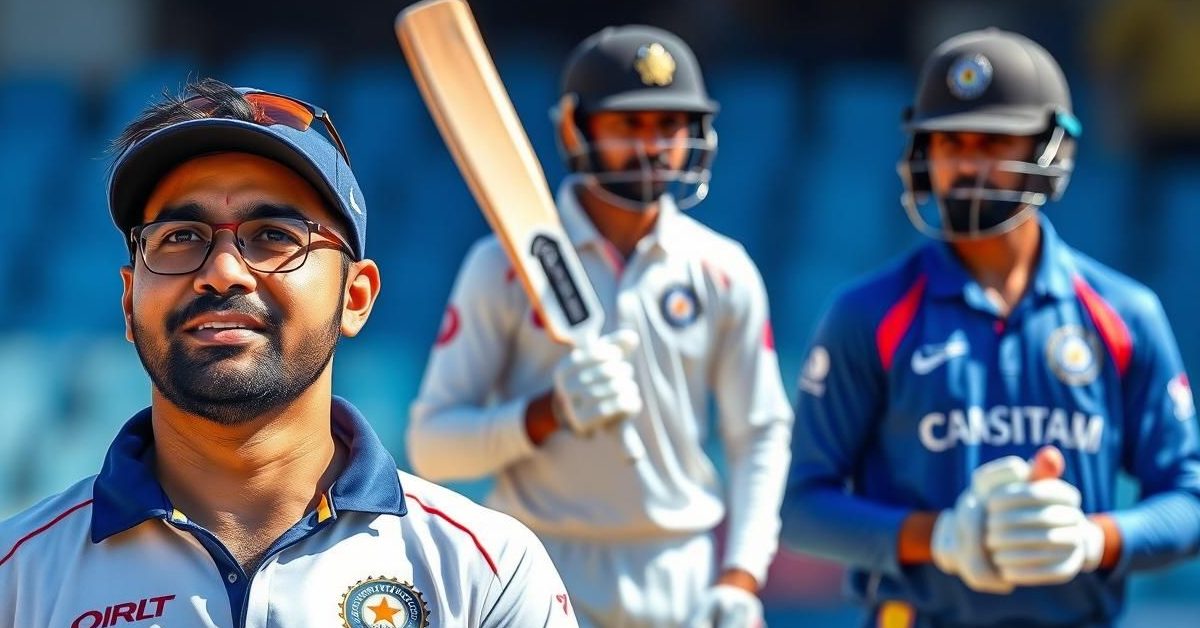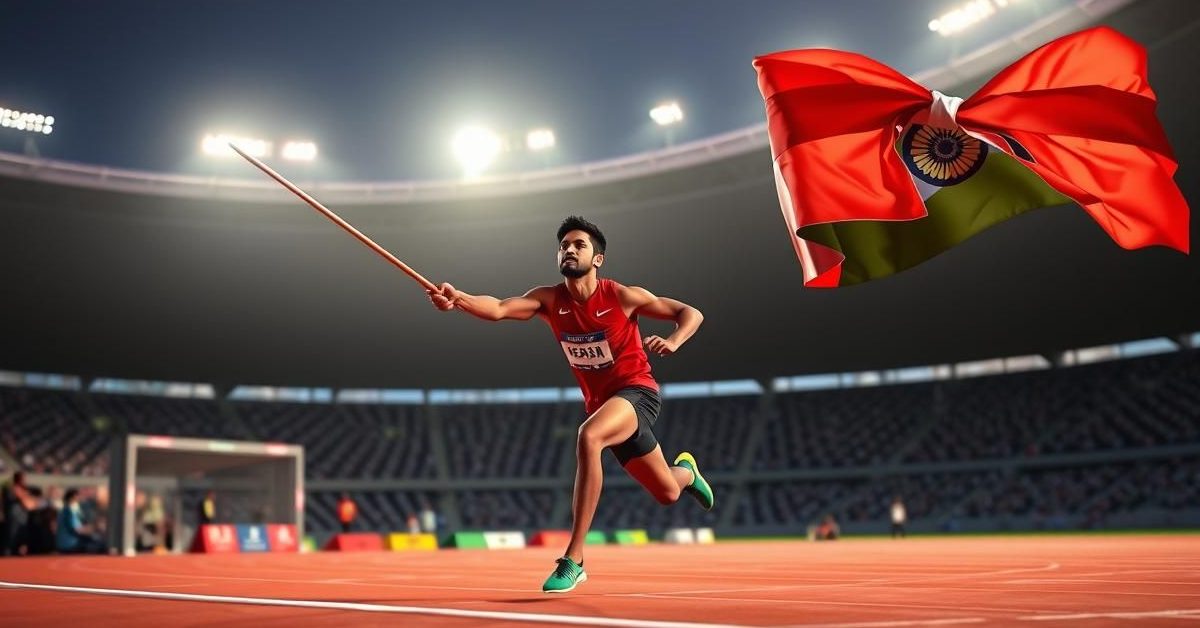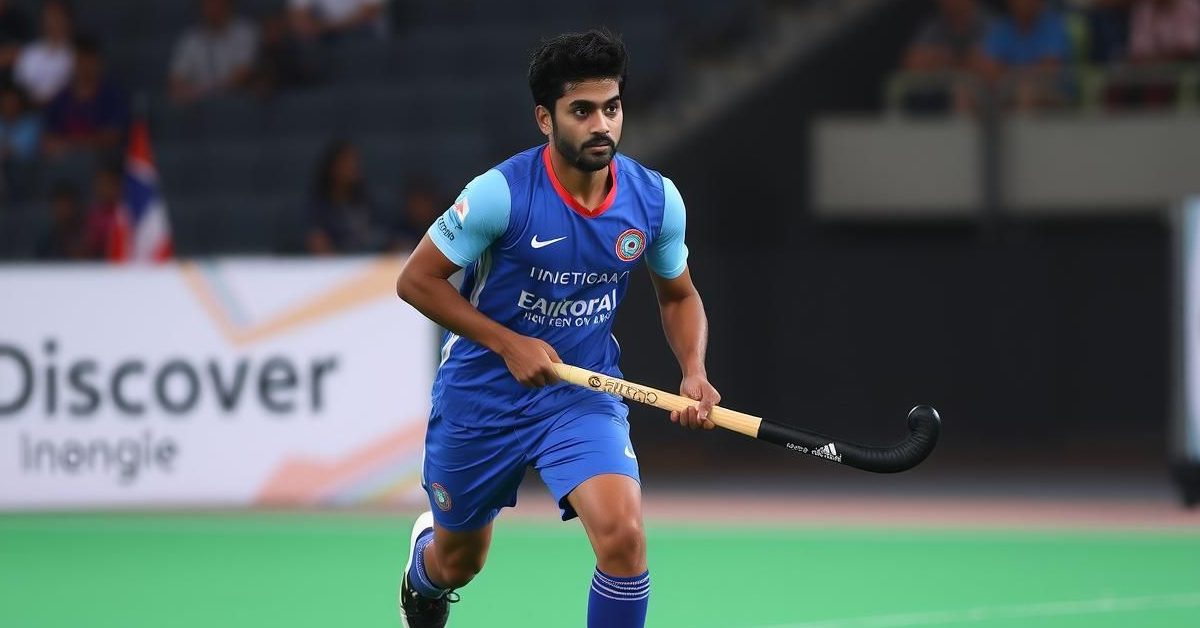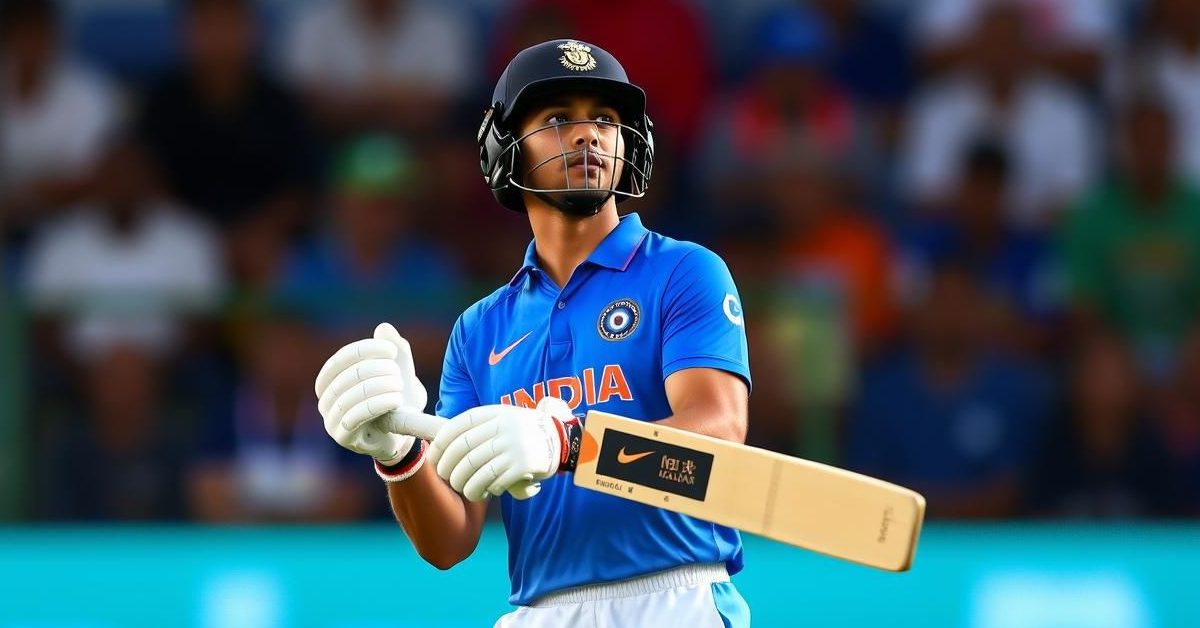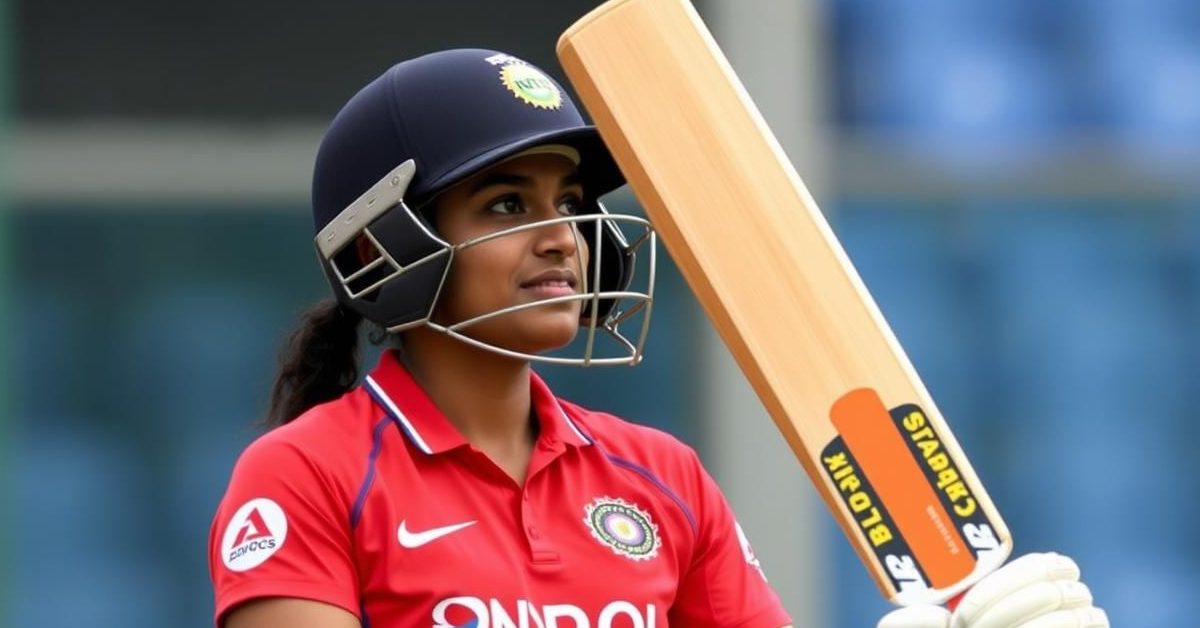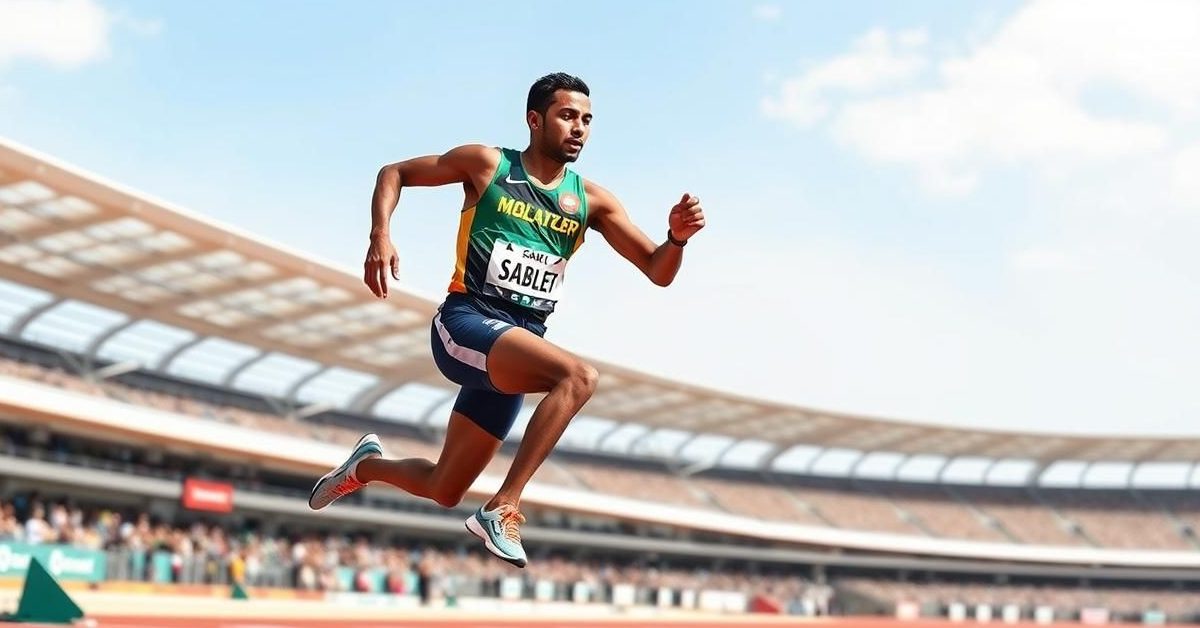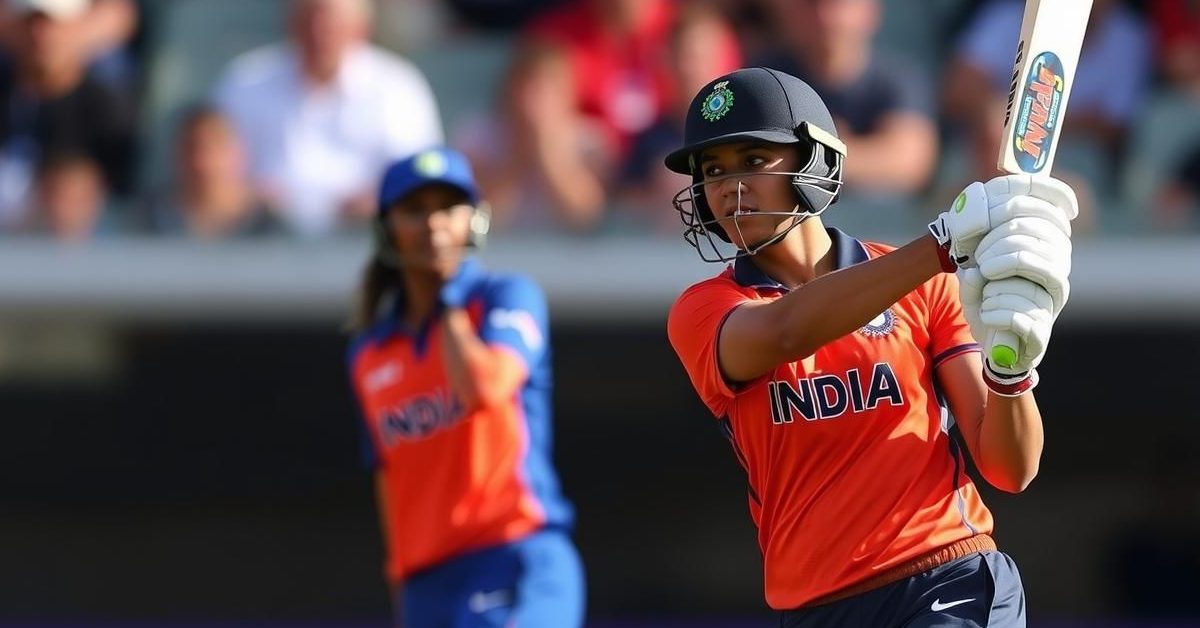The Global Cricket Revenue Debate: Ravi Shastri’s Unapologetic Stance on India’s Share
The world of cricket is abuzz with a fiery debate surrounding the distribution of the sport’s colossal earnings. At the heart of this discussion lies the International Cricket Council’s (ICC) proposed revenue model for the 2024-27 cycle, which sees India slated to receive a significant 38.5% of the total share. This substantial allocation has ignited conversations across the cricketing fraternity, prompting strong opinions from various stakeholders.
Amidst this discourse, former Indian head coach and cricketing legend, Ravi Shastri, has unequivocally voiced his support for India’s substantial cut. In fact, Shastri, known for his no-holds-barred commentary, believes India deserves an even larger slice of the pie, asserting that the nation is the primary financial engine driving global cricket.
Why India Deserves More: Shastri’s “Pound of Flesh” Argument
Shastri’s argument is rooted in the undeniable economic realities of the sport. Speaking on Wisden, he boldly declared, “I would want more because most of the money that’s generated comes from India. So it’s only fair that they get their share of pound of flesh.” This powerful metaphor underscores his conviction that India, as the largest contributor to the ICC’s coffers, is simply claiming what it rightfully earns.
He elaborated on the sheer magnitude of revenue an Indian cricket series commands, particularly in terms of television rights and broadcasting income. When the Indian team tours, the commercial landscape of the host nation is transformed, with broadcasting deals soaring to unprecedented heights. This direct correlation between India’s participation and global financial success forms the bedrock of Shastri’s assertive stance. He argues that this economic impact is a clear demonstration of why the current allocation, if not more, is justified.
Challenging the Status Quo: The World Cricketers’ Association Report
While Shastri champions India’s current allocation, a powerful counter-narrative has emerged from the World Cricketers’ Association (WCA). Earlier this year, the WCA released a comprehensive and thought-provoking report titled ‘History, Embracing Change. A Unified Coherent Global Future.’ This extensive document serves as a scathing critique of cricket’s existing “broken global structure,” advocating for sweeping reforms to ensure the sport’s sustainable growth and competitive balance worldwide.
The WCA’s review, meticulously conducted over six months, culminated in several pivotal recommendations. These include establishing protected windows for international cricket, implementing a more equitable revenue distribution model, better regulating player movements in the burgeoning T20 leagues, and transforming the ICC into a truly global governing body akin to FIFA, rather than a mere “members’ club.”
Unpacking Cricket’s Financial Imbalance: The WCA’s Damning Analysis
The WCA report pulls no punches in its assessment of cricket’s financial ecosystem. It asserts that current global finances are neither optimized nor effectively utilized to foster competitive balance and overall growth. This fundamental flaw, according to the WCA, is preventing cricket from realizing its full global potential and reaching new frontiers of popularity and participation.
A particularly damning revelation from the report highlights the stark financial disparity within the sport. It reveals that a staggering 70% of cricket’s total revenues are generated within just three months of the year, primarily during major ICC events or marquee bilateral series. Furthermore, an overwhelming 83% of all revenue is shared exclusively among a select group of three dominant nations – India, England, and Australia – often referred to as the “Big Three.” This leaves less than 4% of total revenue to be distributed among all other cricketing nations, painting a grim picture of imbalance.
Player Earnings and Pathways to a Fairer Future
The WCA report also zeroes in on player remuneration, contending that athletes, despite being the central figures generating immense wealth, do not receive a fair share of the earnings. The report estimates that payments to players constitute only approximately 10% of the sport’s total revenue, a figure the WCA deems significantly inadequate.
To rectify these deep-seated issues, the WCA proposes an “optimal calendar” for international cricket, which it projects could unlock an additional $246 million in revenue annually. Crucially, the association advocates for the establishment of stringent minimum and maximum distribution parameters for ICC revenues. For instance, it suggests a model where the top 24 countries receive a minimum of 2% and a maximum of 10% of ICC revenues individually, while countries ranked 25th and below collectively receive a minimum of 10%. This revolutionary approach would see the Board of Control for Cricket in India’s (BCCI) share, under this proposed model, drop from its current 38.5% to a capped 10%.
To further bolster global growth, the WCA envisions a centralized Global Growth and Development Fund. This fund would be fueled by a percentage of ICC event revenues, contributions from T20 leagues, and pooled media rights from various cricketing bodies. Such a fund, the WCA believes, is vital to fostering competitive balance, nurturing emerging cricketing nations, and ensuring the sport’s prosperity extends far beyond the traditional powerhouses.
